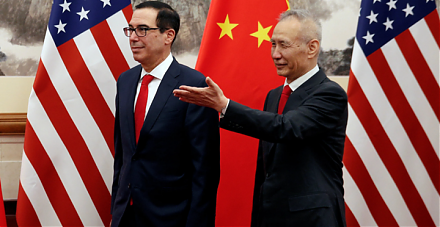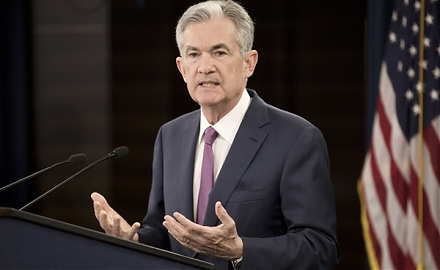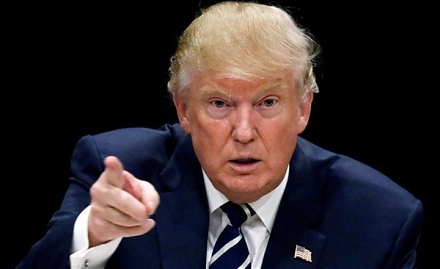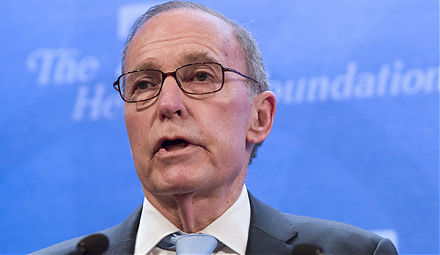

2018-07-30 11:36:00 Mon ET
technology antitrust competition bilateral trade free trade fair trade trade agreement trade surplus trade deficit multilateralism neoliberalism world trade organization regulation public utility current account compliance
Trumpism may now become the new populist world order of economic governance. Populist support contributes to Trump's 2016 presidential election victory and his key embrace of trade protectionism and accommodative fiscal stimulus. Trumpism echoes Carl Schmitt's fundamental critique of modern liberalism. This core critique reflects disdain for the universal aspirations such as absolute individual liberty and economic freedom.
Liberals place individual rights at the core of their political communities. In principle, these rights extend to every citizen, so absolute American liberty can be a decent idea. However, this liberal school of thought makes U.S. states vulnerable to the aggressive demand by domestic private interest groups and foreign nations. This latter retort reflects the key centerpiece of Trump's presidential election campaign.
As dominant market players such as China and Russia refuse to play by the rules of liberal economic governance, the Trump administration has to engage these players in a wider G20 circle.
China's recent economic rise suggests that the millennium world order of economic governance should be more inclusive. As Trump suggests at the G7 world summit, Russia should also be part of this new populist world order. Another addition can be India that represents a 1.3 billion population-dividend-equivalent to China. For this reason, Jim O'Neill, former chief economist at Goldman Sachs, advocates the fresh insight that we should broaden the practical scope of the G7 summit. Instead, a G10 summit or even a G20 summit must encompass all major market economies.
This inclusive approach emphasizes the new populist world order on key economic issues from global capital control and credit supply expansion to climate change and environmental degradation.
If any of our AYA Analytica financial health memos (FHM), blog posts, ebooks, newsletters, and notifications etc, or any other form of online content curation, involves potential copyright concerns, please feel free to contact us at service@ayafintech.network so that we can remove relevant content in response to any such request within a reasonable time frame.
2023-06-28 09:29:00 Wednesday ET

Carmen Reinhart and Kenneth Rogoff delve into several centuries of cross-country crisis data to find the key root causes of financial crises for asset marke
2020-05-05 09:31:00 Tuesday ET

Our fintech finbuzz analytic report shines fresh light on the fundamental prospects of U.S. tech titans Facebook, Apple, Microsoft, Google, and Amazon (F.A.
2019-05-09 10:28:00 Thursday ET

President Trump ramps up 25% tariffs on $200 billion Chinese imports soon after China backtracks on the Sino-American trade agreement. U.S. trade envoy Robe
2019-01-08 17:46:00 Tuesday ET

President Trump forces the Federal Reserve to normalize the current interest rate hike to signal its own monetary policy independence from the White House.
2018-01-10 08:40:00 Wednesday ET

President Trump considers imposing retaliatory economic sanctions on Chinese products and services in direct response to China's theft and infringement
2018-08-13 12:39:00 Monday ET

White House chief economic adviser Larry Kudlow points out that the recent U.S. dollar strength shows a clear sign of investor confidence and optimism. Gree